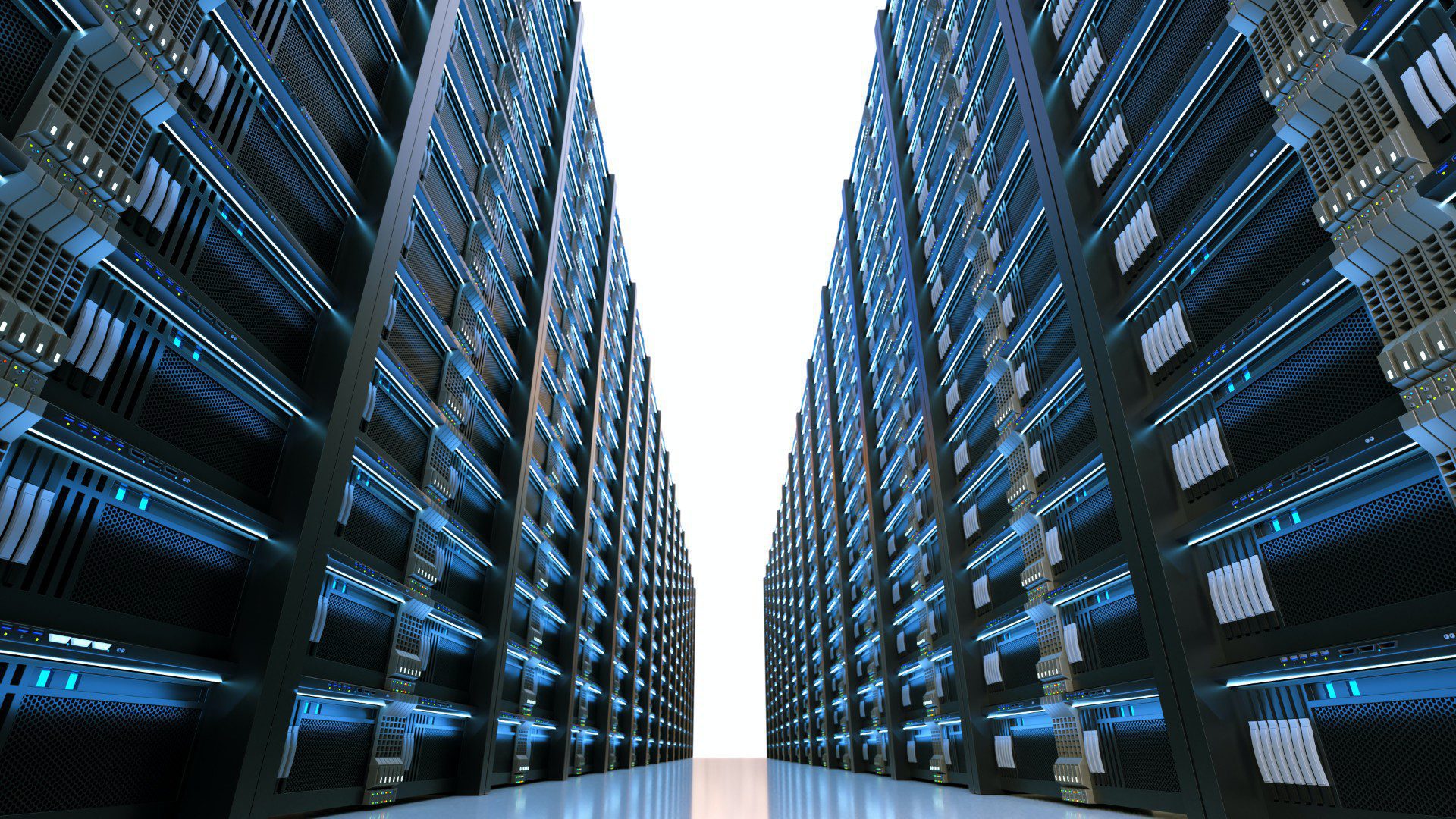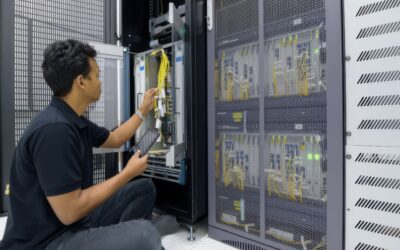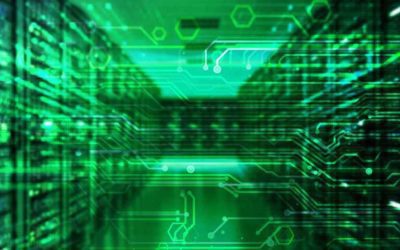After all, the newspapers are now full of criticism of the data center industry. Together with you, I often find that unfounded. But should the data center industry no longer emphasize what has already been achieved and how this benefits society?
Huge Progression
In practice, data centers in the Netherlands have made enormous progress in the last 15–20 years. Great strides have been made in reducing energy consumption on the infrastructure side of the data center – the supporting systems such as cooling and UPS. This is expressed in the PUE, the commonly used KPI (key performance indicator) for the efficiency of energy use by data centers. The average PUE has fallen from 2.0 and above to between 1.2 and 1.6 in recent times. In other words, those support systems have become more than 60% more efficient. A huge saving in money and energy consumption.
Unfortunately, this is hardly visible to the outside world. Even if you search the internet for the benefits of a data center for society (the real end user), this is hardly visible. For example, the Dutch Datacenter Association has little or no information about how data centers contribute to society.
Awareness
The industry should defend itself less against criticism from the media – well-founded or unfounded – but more opt for a strategy that focuses on awareness of the crucial role of data centers. Ultimately, the energy consumption of data centers also has to do with the choices we make as a society. Do we not all make personal choices together to achieve the target for CO2 reduction in the energy transition (such as eating less or no meat, flying less or no more, more bicycle and train and less car).
The same is true with regard to data centers. If we want to use less energy in the data center, we all have to do it together. Not only the data center itself, but also the hardware suppliers, the customers of the data center and the end users at home.
Daily life
To gain more insight into the awareness, I asked my children (15 and 17 years old and a DC is not unknown to them): what if data centers did not exist, how would that affect your daily life?
Calling grandma and grandpa
They soon learned that almost everything they do uses an app, their phone, or anything else that is connected to the internet, and that in most cases they are connected to a data center. They came up with a nice list:
- Grandma and grandpa call them via WhatsApp, anywhere in the world
- They maintain contact with friends with Snapchat, Facebook, YouTube, Instagram etc.
- They use TikTok for fun.
- For leisure, they play video games with friends at the same time, distance is no problem.
- They watch movies and series on Netflix.
- They will check the club app and website for next weekend’s sports game.
- They buy clothes and groceries in the online shop.
- Homework and timetables go through the school app.
- They take online classes via Zoom.
- They book their holidays on a website.
- They cook from a recipe found on the internet.
- They take unlimited photos and store them in the cloud.
- Instead of going to the library, they consult Wikipedia
My children also mentioned that the WiFi and speed had to be good, because otherwise… Their experience abroad is often not good and they are well aware of how good the digital infrastructure in the Netherlands is.
Give away for free?
My children are of course not a separate target group. What applies to them applies to all of us. So let us as an industry be proud of what we have already achieved – even though there is still a lot to do – and be good and tell it to the world. Isn’t that a much better story than ‘Double green and we give away the residual heat for free’?




